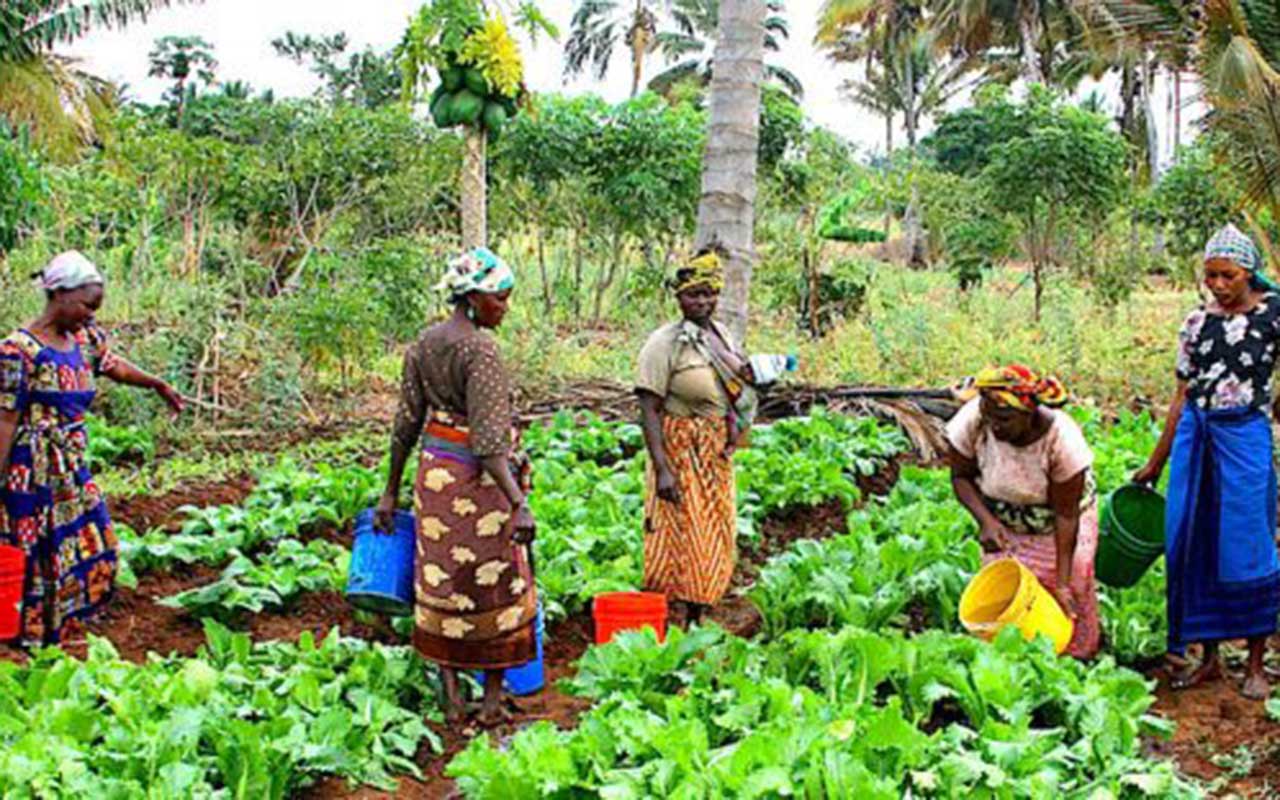 The Agro-Climatic Resilience in Sem-Arid Landscapes (ACReSAL) stakeholders have concluded arrangements aimed at using the integrated catchment management concept for dry season farming to address challenges of large-scale land degradation in the northern parts of the country.
The Agro-Climatic Resilience in Sem-Arid Landscapes (ACReSAL) stakeholders have concluded arrangements aimed at using the integrated catchment management concept for dry season farming to address challenges of large-scale land degradation in the northern parts of the country.
According to them, ACReSAL project has the mandate of restoring one million hectares of degraded land out of the four million hectares target set for its broader landscapes restoration by the Federal Government by 2030 through investment project financing.
The Minister of Environment, Balarabe Lawal, who spoke at the validation of the first phase of the project in Abuja, explained categorically that the development of 20 strategic watershed management plans are the bedrock for the implementation of the ACReSAL Project.
Lawal also stated that it is the first time the government would be developing Strategic Catchment Management Plans, saying, they are being bankrolled to create the structure into which another set of 200 micro catchment management plans from the 19 participating states and the FCT will dovetail into.
“This is a paradigm shift from the development beyond state political boundaries in consideration of our shared resources, responsibilities, and gains. The boundaries will go along with their encompassed states, marking the new frontiers of economic development and environmental sustainability.
“We already know that the ability to implement the recommendations of these reports can only be possible when we, the decision-makers, provide the necessary political will and support and to make the finalisation of these documents holistic and all-encompassing.”
Also, the Minister of Water Resources and Sanitation, Prof. Joseph T. Utsev, emphasised
adaptive management, meaning that data are gathered and “learn more about our catchment areas, we will remain flexible and responsive, adjusting our strategies to meet emerging challenges.
“This is crucial in an era defined by rapid change, whether it be climate fluctuations, population shifts, or technological advancements. Moreover, the plan is rooted in science-based research and community feedback.
“It will prioritise the protection of our watersheds, the enhancement of water quality, and the restoration of habitats. These will not only safeguard our environment but also support local economy by ensuring sustainable practices that would benefit agricultural, recreational, and tourism activities,” Utsev said.
On his part, the Chairman, Northern Governors’ Forum and Gombe State Governor, Muhammad Inuwa Yahaya, drew attention to the human activities, including deforestation, extensive cultivation, overgrazing, bush burning, fuel wood extraction, charcoal production, faulty irrigation systems, and urbanisation affecting the area.
Governor Yahaya added that despite the numerous environmental challenges facing the region, north is endowed with substantial water resources, including rivers, inland lakes, and dams, and has significant irrigation potential that can be harnessed for all-year-round agricultural production by the local farmers.
“We are pleased with the progress of the ACReSAL project in the beneficiary states, particularly, its multi-sectoral approach to desertification control, landscape management, community livelihoods, resilience, and institutional strengthening.”
The National Project Coordinator, Dr. Abdulhamid Umar, maintained that they have contributed to creating a healthy and eco-friendly environment for human habitation through dry land management practices, which include gully stabilisation, bioremediation, and afforestation activities.






